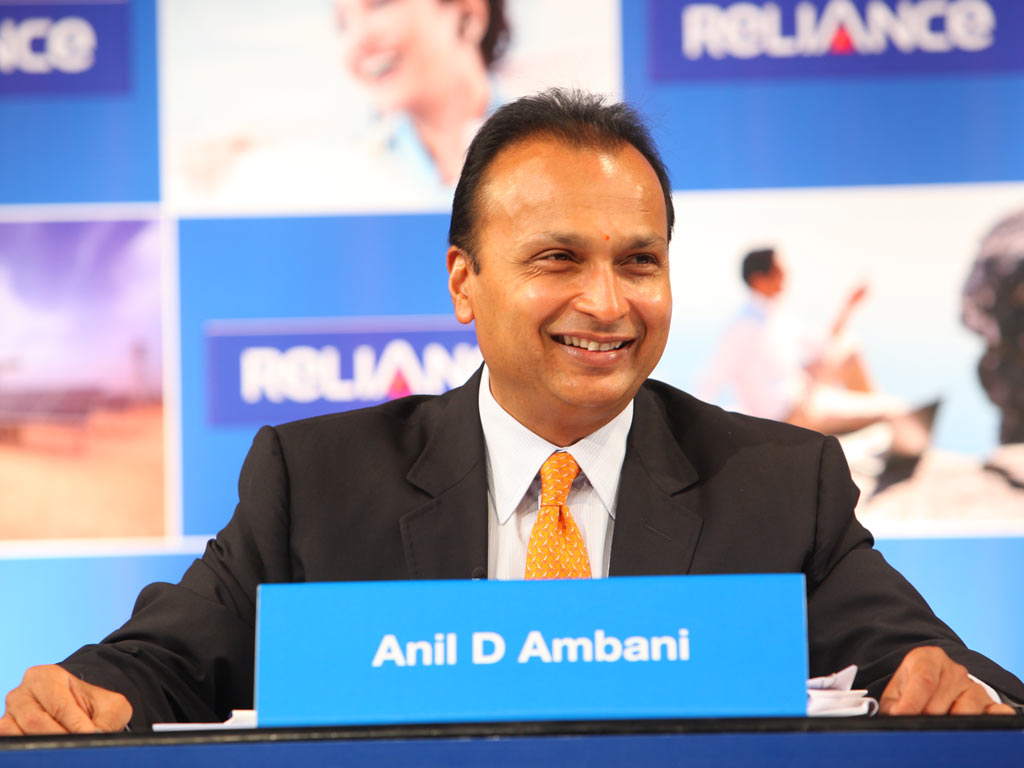Finance Minister Nirmala Sitharaman will shortly present the Union Budget 2026 in the Lok Sabha, marking her ninth consecutive Budget. The annual financial statement is expected to outline the government’s policy priorities, reform agenda and spending plans for the coming year. Stay tuned for live updates, key announcements and immediate reactions as the Budget speech unfolds.
Finance Minister Nirmala Sitharaman tabled her ninth Union Budget today, beginning her speech at 11 am.
Nirmala Sitharaman is set to present her ninth Union Budget today, with the finance minister scheduled to begin her speech at 11 am.
Budget 2026 live updates: Presenting the Union Budget for 2026–27, Finance Minister Nirmala Sitharaman said the occasion coincided with Magh Purnima and the birth anniversary of Guru Ravidas. She noted that over the past 12 years, India’s economic journey has been defined by stability, fiscal discipline, sustained growth and moderate inflation.
The budgeted fiscal deficit for fiscal 2026 is estimated at 4.4 per cent of gross domestic product (GDP)
Planned capital expenditure this fiscal year Rs 11.2 lakh crore
Rare earth corrdiors in Odisha and Kerala
Hi-tech tool rooms to be set up by PSUs
Construction equipment scheme to be launched
Container manufacturing scheme for Rs 10,000 crore over 5 years
Rs 10,000 crore SME Growth Fund
Semi-conductor mission to get Rs 40,000 crore
Rs 12.2 lakh crores for infrastructure development
Dedicated RITES to repurpose land of Central PSUs
20 new waterways over next 5 years to be connected
7 high-speed corridors on rail
High-level committee on banking for next phase of Viksit Bharat
Capital expenditure hike of to ₹12.2 lakh crore in Budget 2026, with West Bengal receiving a significant share of allocations.
Mahatma Gandhi Gram Swaraj Initiative aimed at boosting the khadi, handloom, and handicrafts sectors.
High-speed rail corridors: Mumbai-Pune, Pune-Bengaluru, Hyderabad-Bengaluru, Chennai-Bengaluru, Delhi-Varanasi, Varanasi-Siliguri, Pune-Hyderabad
Five university campuses to be established near industrial corridors
Lakpati Didi program expanded in Budget 2026 to reach more beneficiaries across India.
Fiscal deficit for FY26 revised to 4.4%; Budget Estimate for FY27 set at 4.3%.
TCS on overseas tour packages cut to 2% to ease travel costs
Tax holiday to foreign companies that provide cloud services by setting up data centres in India till 2047
17 cancer drugs exempted from import duties
























